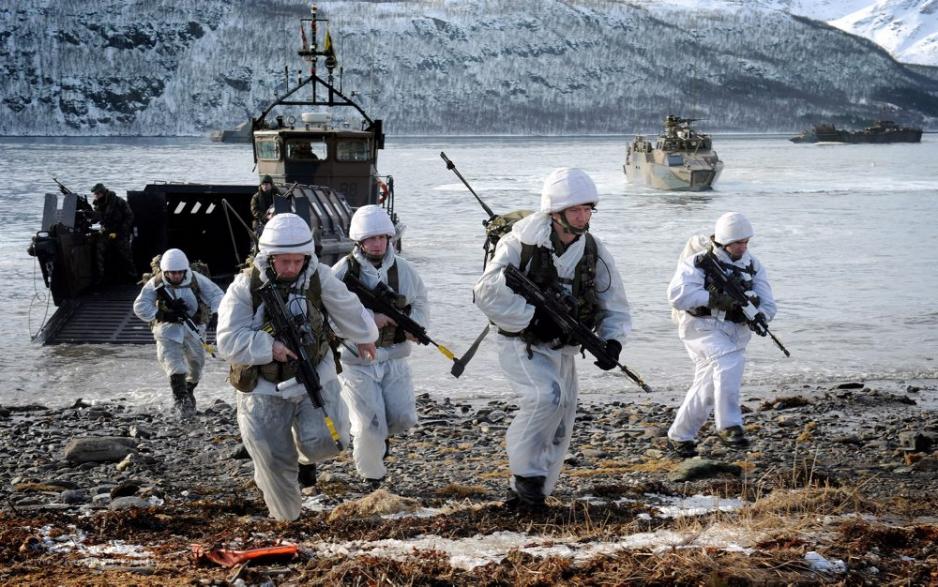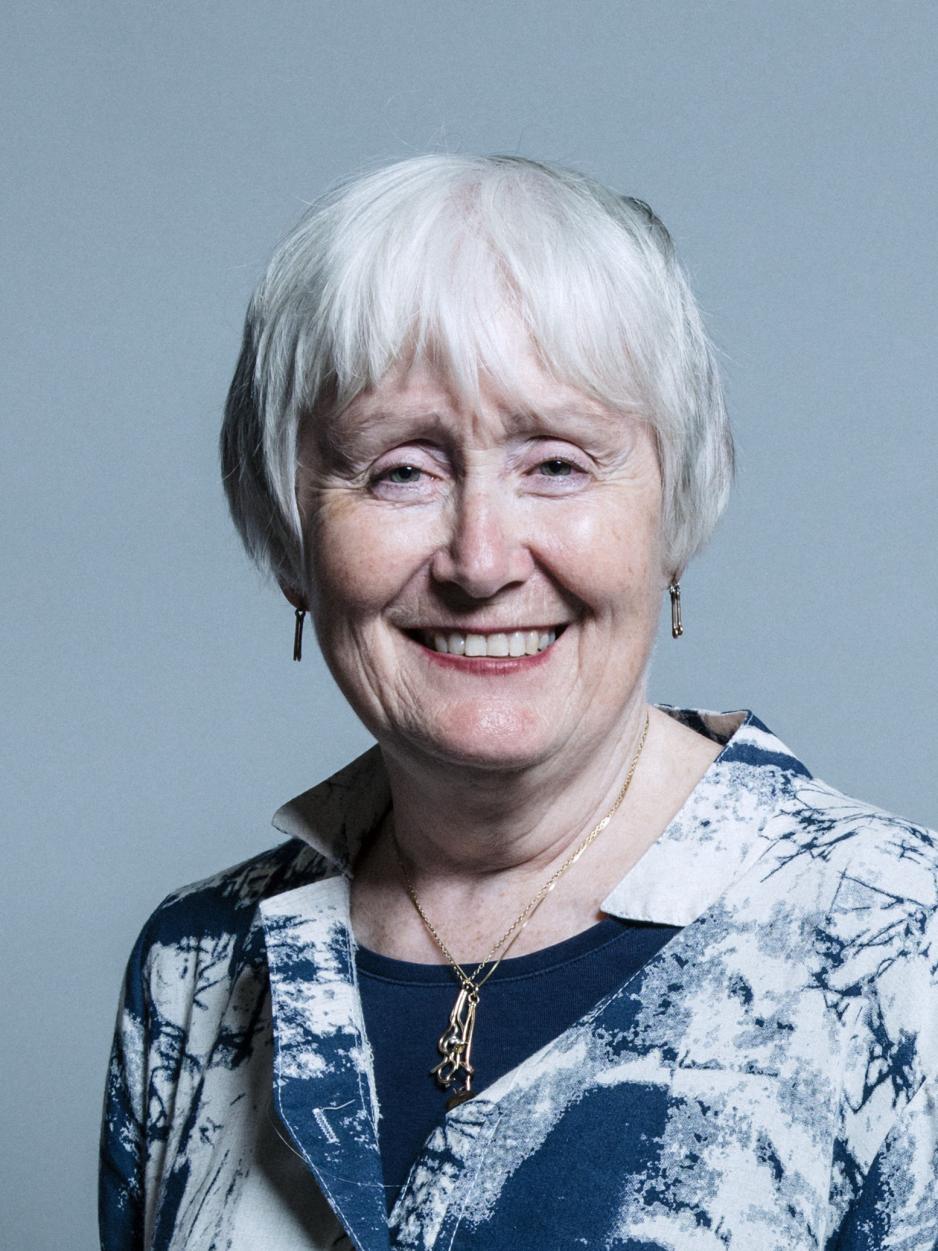Defence report: UK must strengthen its position in the Arctic

Increase in Russian military activity and a new security environment are reasons for the UK to increase its presence in and focus on the Arctic region, argues a new report from a UK defence sub-committee.
The report, On Thin Ice: UK Defence in the Arctic, published by the UK Parliament’s sub-defence committee in mid August, says that the UK government should provide the necessary resources to show leadership in the Arctic. The report follows a 2016 defence committee report on Russia and the implications for UK defence and security, which identified the Arctic and the High North as an area of concern.
"If the definition of a leading—or even a "Tier 1"—defence nation is one which has the ability to deploy a full range of capabilities anywhere in the world, then this includes the unique operating environment of the Arctic and the High North", said chair of the Committee Madeleine Moon in a statement.
Russian power in the Arctic a "threat"
The main focus of, and the background for for the report, is the increase in military activity in the region, particularly by Russia.
The report particularly points to the recapitalisation of the Northern Fleet and the increase of naval activity in the Arctic. For example, the report highlights the 4700 training events and 213 missile firing drills conducted by the Northern Fleet in 2017.
The sub-committee is concerned about the ‘prospect of Russian power being projected from the High North into the North Atlantic’ and the report argues that there is a need for a ‘comprehensive strategy’ to meet this threat.
In addition to this, the report underlines the changes in the natural environment leading to changes in the security environment in the region. Melting ice is making the Arctic more accessible to navigation, exploitation of resources and an increased level of human activity more generally.
Disagreement over Russia’s motivations in the Arctic
The report finds there is both uncertainty and disagreement over the reasons behind Russia’s military build up in the Arctic. In the evidence received for the report, some researchers, politicians and policy makers argue that there is no aggressive intent behind Russian military activity in the Arctic, while others are more concerned.
Witnesses, such as Dimitriy S. Tulupov (St. Petersburg State University), Igor Sutayagin (Royal United Service Institute), and notably, the UK Minister of State for Armed Forces Rt. Mark Lancaster, argue that Russia does not have expansionist or aggressive intentions in the Arctic. Other witnesses, for example Andrew Foxall (Henry Jackson Society), Heather Conley (CSIS) Caroline Kennedy-Pipe (Loughborough University) and others, hold that Russian actions should be viewed with greater concern.
While the committee does not take a definite stance on this issue, the report leans against the latter view, arguing that the Russian actions in the region are not solely defensive in nature.
"It is difficult to credit that the scale and range of military capabilities being deployed by Russia in the Arctic fulfil solely defensive purposes," states the report.
The UK must show greater ambition in the Arctic
As the title of the report suggests, the defence sub-committee argues that the UK government should focus more time and resources on the Arctic region. The report finds that the UK Armed Forces have few dedicated capabilities for Arctic operations and that there should be made new efforts to increase the expertise and capability to operate in cold weather climates. This is, however, ultimately a question of resources and ambition.
"A new level of ambition backed up by adequate resources is required to meet the developing threats we have identified," said Chair of the Defence Sub-Committee, Madeleine Moon.
Meanwhile, the report welcomes NATO’s renewed focus on the North Atlantic, and argues that the UK Government should bring "NATO to a common position on its role in the Arctic and the High North".
Appoint UK Arctic Ambassador
On the political side, the defence sub-committee is concerned about how the UK Arctic policy is coordinated. In the UK, both the polar regions are organized under one single department. This has resulted in the Antarctic region taking up more time than the Arctic, due to the UK’s obligations under the Antarctic Treaty.
In order to deal with this tendency, the Defence Sub-Committee asks for the Government to reconsider its decision not to appoint an Arctic Ambassador to improve coordination and strengthen UK involvement in Arctic affairs.

